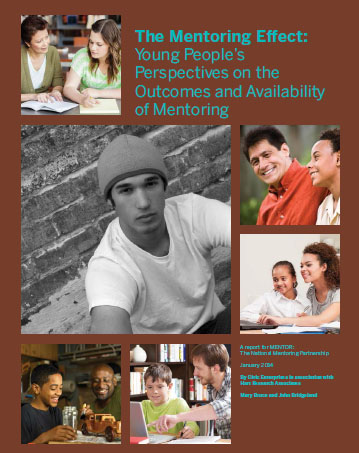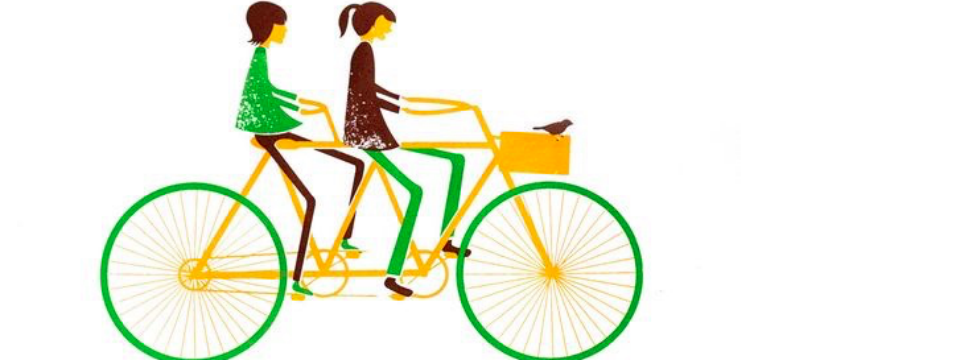How informal mentors, relationship quality, & perceived barriers affect adolescents; decisions to disclose about dating violence?
Mapes, Ayla. R., & Cavell, T. A. (2021). Perceived barriers, relationship quality, and informal mentors: Adolescents’ preference for disclosing about dating violence. Journal of Community Psychology, 49(7), 2719–2737. https://doi.org/10.1002/jcop.22666
Summarized by Ariel Ervin
Notes of Interest:
- Victims of adolescent dating violence (ADV) are at risk of experiencing a variety of negative outcomes that can worsen if they don’t receive adequate support.
- Evidence shows that many adolescents prefer to disclose ADV victimization to someone they know than a professional.
- Informal mentoring is a promising resource for them.
- This study assesses the probability of adolescents telling someone about the dating violence they have experienced.
- It also explores how relationship quality and perceived barriers play a role in this phenomenon.
- Findings confirmed that youth are more likely to disclose to their friends rather than more formal forms of support (such as therapists and doctors).
- Perceived barriers and relationship quality affected adolescents’ decisions to disclose dating violence.
- Informal mentoring relationships can be helpful resources for victims of ADV who are looking for support.
Introduction (Reprinted from the Abstract)
This study examined associations among adolescents’ likelihood of disclosure about dating violence, perceptions of barriers to disclosure, and quality of the relationship with various sources of support. Data were gathered from 152 students in a southern high school. Results indicated youth perceived fewer barriers to disclosing to mentors compared with friends and parents, and youth reported highest relationships quality with informal mentors. However, youth indicated highest likelihood of disclosure to friends, followed by informal mentors and parents. Both relationship quality and perceived barriers to disclosure about dating violence were associated with likelihood of disclosure to friends and parents, but only relationship quality was related to likelihood of disclosure to informal mentors. Current findings (a) suggest adolescents’ preferences for disclosing about dating violence are influenced by perceived barriers and relationship quality with sources of support and (b) highlight the promise of informal mentors as an additional resource for adolescents.
Implications (Reprinted from the Discussion)
This study extends research on adolescents’ likelihood of disclosing to supportive others about dating violence victimization. We assessed perceived barriers to disclosure as well as the quality of youths’ relationship with potential sources of support. We also examined youths’ likelihood of disclosing to informal mentors about their ADV experiences. Our results replicated previous research indicating youth have a strong preference for disclosing to friends compared with more formal or professional supports such as therapists, hotlines, doctors, or even teachers (Bundock et al., 2018). Though preliminary, our findings suggest informal mentors are an additional and potentially helpful resource for youth seeking support when experiencing ADV victimization.
In line with previous studies, over 40% in our sample reported at least some experience with ADV victimization, and girls reported higher levels of victimization than boys (Wincentak et al., 2017). Rates of ADV victimization varied by type: Youth reported experiencing verbal ADV victimization most frequently (32.9%). Youth were least likely (7.2%) to report physical victimization; in fact, more than twice as many participants (15.8%) reported sexual ADV victimization than physical ADV victimization. In line with previous research, we found that roughly 6 in 10 youth (62.5%) in our sample reported having an informal mentor in their life (Erickson et al., 2009). Participating adolescents identified a variety of individuals as mentors, including adult relatives, adult family friends, friends’ parents, as well as teachers, principals, or coaches—roles consistently found in previous studies (Erickson et al., 2009; Van Dam et al., 2018). Notably, adolescents’ experience with ADV victimization did not differ significantly for those with and without an informal mentor. We also did not find an interaction between gender and having an informal mentor when comparing rates of ADV victimization.
To access this article, click here.










